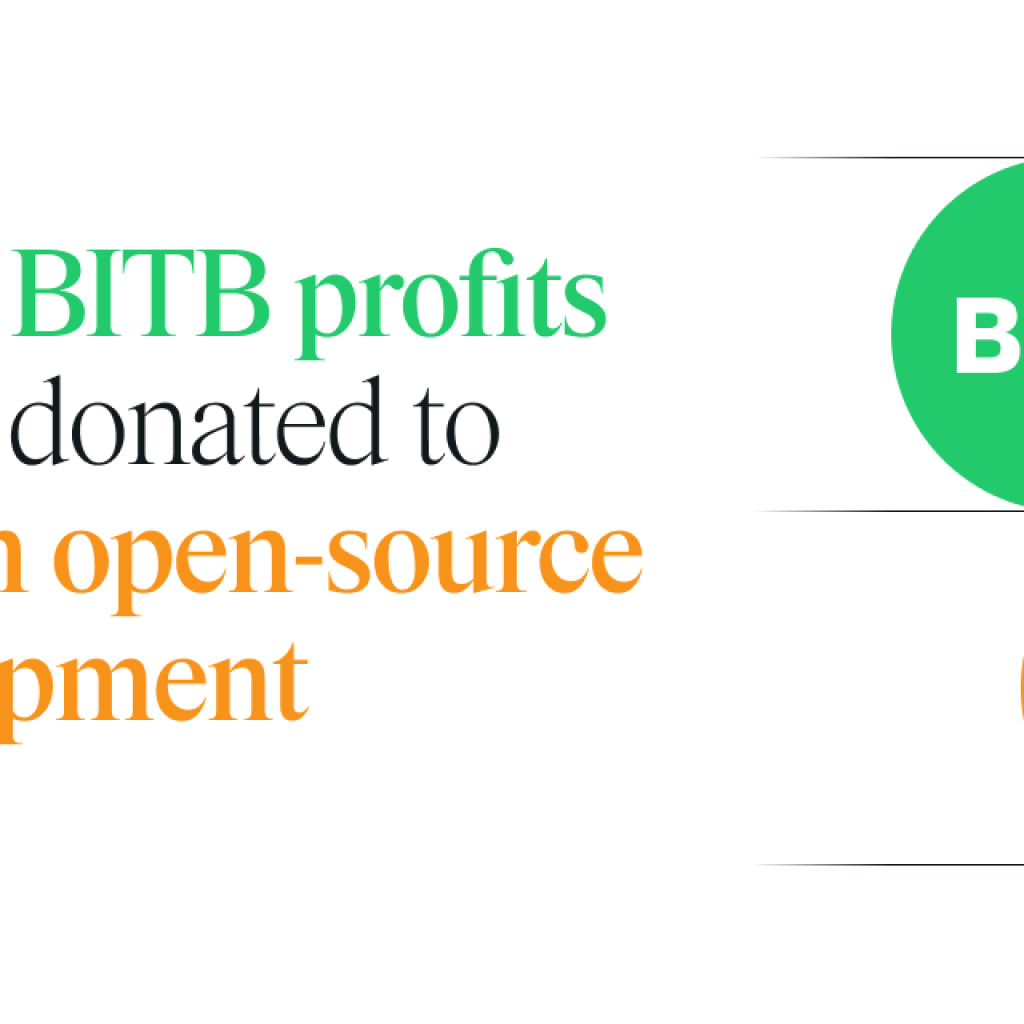Fireblocks, a leading platform in crypto custody and settlement services for financial institutions, announced on Thursday its full support for the Tezos network. This integration allows users of the Fireblocks Wallet to securely store Tezos-based assets. Additionally, it enables developers to build products and services on the Tezos platform using Fireblocks’ Web3 engine. According to the company, this move aims to provide a secure environment for both asset custody and decentralized application (dApp) development.
Tezos sees potential uptick in DeFi activity
The integration is expected to invigorate the Tezos network, particularly in decentralized finance (DeFi). Tezos currently ranks 29th among all protocols by total value locked (TVL), with approximately $49 million secured in smart contracts. Over the past year, the network’s TVL has grown around $10 million, peaking at $217 million in 2021.
Fireblocks has been a key player in the crypto custody landscape, gaining recognition through its partnership with BNY Mellon. The Wall Street giant utilized Fireblocks’ technology to offer Bitcoin and Ethereum custody services to its customers. Omer Amsel, head of Web3 products at Fireblocks, said that DeFi connectivity is a crucial aspect of their service offering. He added that the platform’s Transaction Authorization Policy allows customers to set specific parameters for fund flow control, ensuring asset security while maintaining operational efficiency.
Earlier this year, Tezos launched its “Mumbai” upgrade, marking the network’s 13th upgrade since its inception in 2014. This upgrade introduced Smart Contract Optimistic Rollups, enhancing the network’s throughput and scalability. However, like many altcoins, Tezos has experienced a decline in its token price over the past year. According to data from CoinGecko, the price of Tezos’ token (XTZ) has fallen by approximately 55%, from $1.45 to $0.66, as of the time of press.
Last month, Fireblocks identified a set of vulnerabilities known as “BitForge” that posed a threat to popular crypto wallets using multi-party computation (MPC) technology. These vulnerabilities were classified as “zero-day,” meaning they were previously unknown to the developers of the affected software. Fireblocks collaborated with major industry brands, including Coinbase, ZenGo, and Binance, to address these vulnerabilities and prevent potential exploits. Hence, the company’s commitment to security is evident, and its integration with Tezos is likely to benefit both parties in terms of asset security and DeFi activity.





